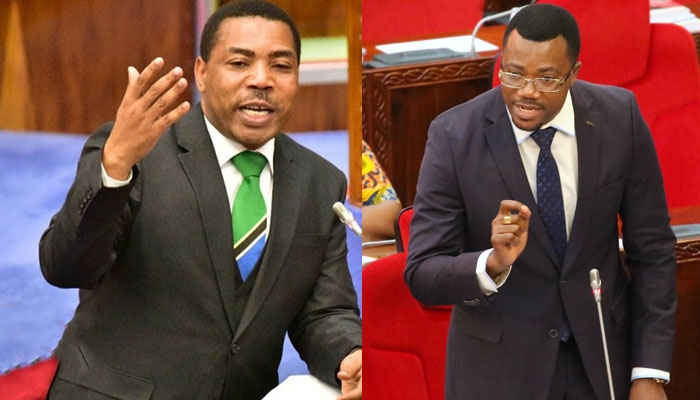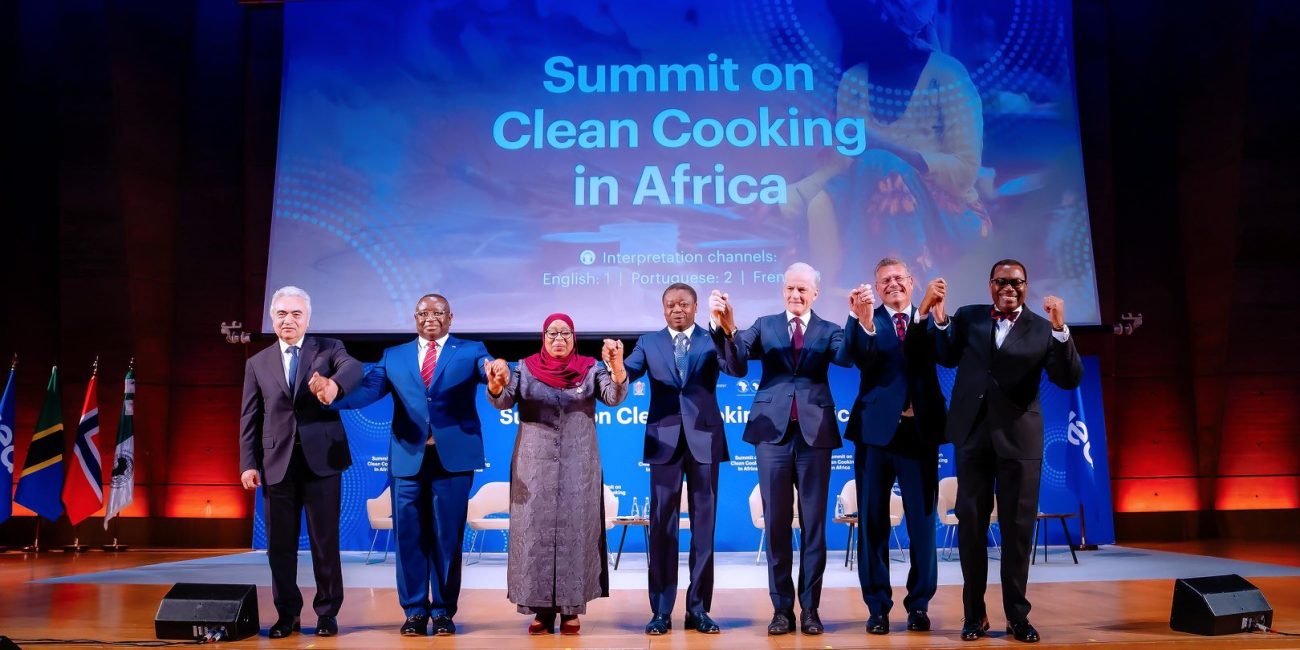Kisesa’s Member of Parliament Luhaga Joelson Mpina has said he is marching to the High Court to lodge three applications against the Attorney General, the House Speaker and the two Ministers for Agriculture and Finance together with a slate of private companies that were granted sugar import permits. This article chews at the matters before the Court, whether they make sense or their ramifications.
Like him or not, Mpina singlehandedly has succeeded in illuminating high crimes committed by national politicians that often go unpunished and that whistle-blowers are the ones who are whipped as a retaliation. Notwithstanding the authenticity of his three Court cases, one thing stands out: Mpina is a bullfighter brimming with faith despite the odds standing on his path.
Mpina still seethes over his monthslong parliamentary suspension and is taking the House Speaker and the AG to court. Part of his grouse is that the court should determine which of House Rules and the Constitution takes precedence.
Don’t Miss Out: Whistleblower MP Luhaga Mpina Suspended: Corruption Crusader or Political Outcast?
It is a fair question. Mpina’s acts of commission or omission outside the House of divulging the allegations of scams are protected under the Constitution. Still, his House detractors claimed he had violated parliamentary rules when he shared sensitive documents with members of the public which were being sorted out in the House.
Mpina argues those documents were available in the public gallery even before parliamentary proceedings over them and hence cannot be deemed to be classified materials. For instance, he cites the CAG report, where he scrapped some of the allegations that were not classified documents. Mpina is asking the High Court to overturn his suspension forthwith.
Mpina continues to defend himself that information on sugar import licences is available on public records, so the House misled herself into considering such information as sensitive classified documents. Mpina wants courts to achieve what the House has stuttered to do: punish those he had adversely mentioned in his parliamentary depositions.
What Can Courts Do?
The courts have to initially determine whether intervening in House proceedings and decisions is within her ambit and whether it meets the ends of public interest. In this area, courts must consider many contradictory decisions and decide which to follow. Some decisions say courts cannot interfere with House rules since they are specific matters.
However, in other decisions, courts said the House is not above the law. If House rules infringe on the Constitution, courts will not hesitate to interfere if asked by affected parties.
The DP World case decided by the High Court in Mbeya sweated over a similar issue. In that particular case, the court had to determine whether the absence of duration for collating views from the public in the House rules the court could interfere and correct.
The High Court in Mbeya opined that although a one day offered by the House to allow citizens to air their views on leasing Dar es Salaam port seemed insufficient, the court decided not to intervene because it was a matter within the Parliament’s orbit to determine the efficacy of such short duration.
The relevance of constitutional concerns raised by Mpina can best be assessed in conjunction with the merits of his complaints. Courts normally restrain themselves from meddling in this area because they are matters of judgment. Judgemental issues never lead to standardisation. The worry is, suppose the Parliament had more information that the Court does not have, would it be proper to intervene? In most cases, the answer is negative.
Another angle worth evaluating is whether it is proper for the decisions made by the Parliament to be litigated in court. The problem of entertaining personal grievances from the House is that the courts will assume an appeal recourse that was never designed to be. It is a matter that has little chance of success.
One interpretation is difficult for the courts to overturn: When do documents become classified? Can publicly available documents be classified once lodged in Parliament? Again, House rules shed light on this, and the Constitution is helpless there. Many litigants love romanticising the Constitution, but their rights are spelt out in statutes.
In the High Court case that pitted Reverend Mtikila against the Attorney General, the former brandished the constitution to establish his rights, but the court would have none of that. The Court said while it is true that the constitution laid bare the doctrine of separation of powers among arms of the government, namely, the judiciary, the executive and the Parliament, was applicable in Tanzania, there must, however, be ordinary laws that guide how those provisions could be enforced.
Since the Parliament has not enacted a law, courts will be reluctant to legislate them with the judicial gavel. Reverend Mtikila had packed some of his eggs in the constitution basket but was unsuccessful. Mpina may stumble over a single reliance on the constitution without citing ordinary laws that protect his rights, which he claims have been trampled upon.
Of more credible cases that Mpina touts are matters of sugar import licences. Mpina Avers sugar import licensing laws were flouted to benefit local private companies not registered in domestic sugar production to import sugar. As far as he is concerned, domestic sugar-producing companies can import sugar into the country to supplement their production shortfalls.
He insists several local private companies the Ministry of Agriculture and Finance granted to import sugar broke the law. He wants ministers and non-sugar-producing companies to pay the loss they afflicted the nation, estimated to be trillions of Tanzanian shillings.
Was There a Loss When The Law Was Broken?
I assume Mpina was right that the law was broken, but was anybody who incurred loss, and if so, how did he arrive at the colossal figures he is now touting?
One of the losses he has cited is a scarcity of sugar. In his constituency, sugar was selling for over Tshs 10,000/= per kilogram, a bitter outcry from a price of Tshs 2,500/= before the import licences were issued. This is beginning to assume a class suit more than a lone ranger judicial incursion. True, if the pleading of scarcity can be established, consumers suffer a loss, but by how much?
The maths begin to get fuzzier. Moreover, sugar scarcity can be caused by various factors that may go beyond the allegedly unlawful trespasses of arming sugar import licences to the wrong parties. One reason for seeking help from sugar importers was the issue of Mpina, who is now seeking compensation.
A more challenging task Mpina will face is differentiating scarcity caused by domestic sugar factories’ underproduction from that was crafted by bureaucrats. And whether that is relevant to the determination of the matter. The sugar scarcity angle is fraught with a lack of independent verification and, as a result, difficult to sustain in a court of law. Logic and commonsense it is of any guidance; more sugar importers should translate into less sugar scarcity. However, that does not justify non-sugar-producing companies from violating the sugar importation law.
Another consideration, assuming the losses were proven, is who will be compensated. Will the same government that inflicted its people with artificial scarcity, leading to higher sugar prices, be a beneficiary? Or will Mpina be paid the money and compensate the victims? How will he establish the losers who rarely collect and retain receipts? Who will trust an MP to carry out this huge undertaking while he has no infrastructure to do it?
The more I read these judicial upfronts, the more I read politics more than legal matters. Mpina will succeed in reminding us that our politicians are not what they project themselves to be, but getting judicial relief may be a tougher task than he had anticipated.





At the. End you made it clear mpina wants to show us how politicians can be projected but it seems he is craving attention remember it’s 2025 road is nowhere near